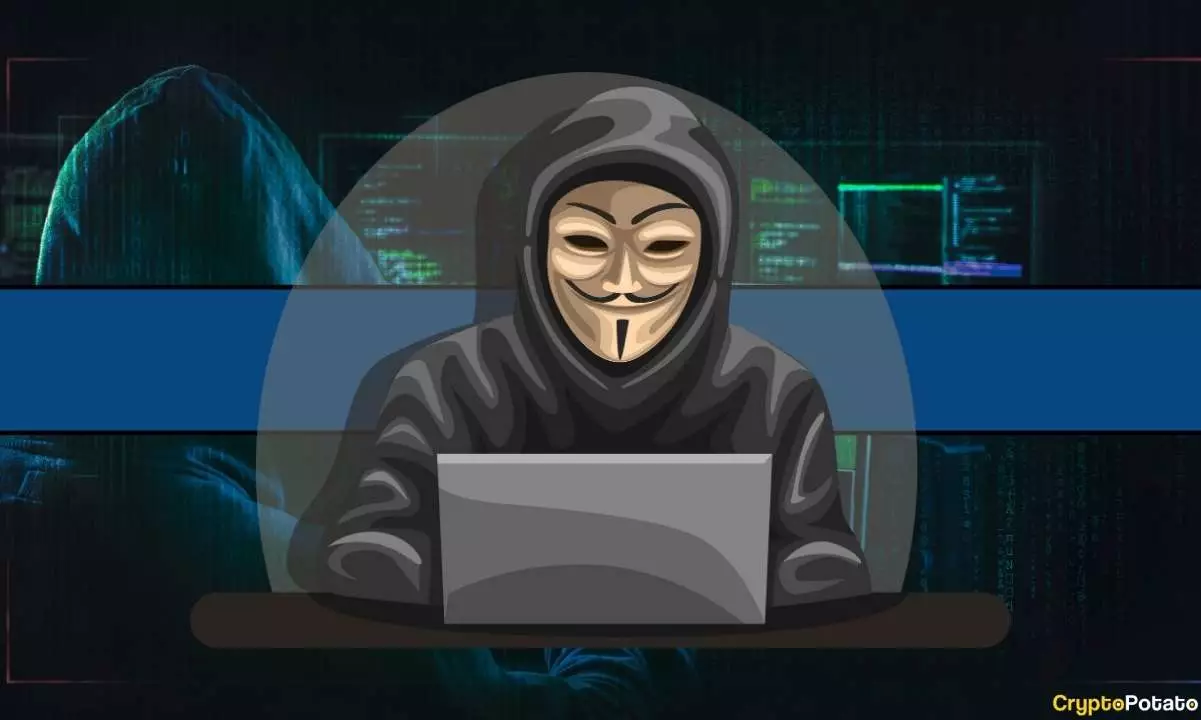In an alarming episode that reverberates throughout the decentralized finance (DeFi) landscape, the stablecoin protocol Resupply has been ravaged by a $9.5 million exploit. This incident comes at a time when trust in DeFi should not be taken for granted but seems to be increasingly fragile. It isn’t merely the financial loss itself that is troubling; it’s the implications that such vulnerabilities have on the legitimacy and future of decentralized currencies in a world where the cry for more transparent and incorruptible financial systems intensifies.
What happened with Resupply paints a vivid picture of opportunistic exploitation in an environment purportedly designed to ensure equality and security for all involved. The exploit involved manipulating the exchange rate of the cvcrvUSD token in a thin liquidity market—a tactic that shows not just cunning but also an understanding of how the decentralized mechanisms can be warped. When prominent blockchain security firms like CertiK and Phalcon step in to analyze such breaches, we can’t help but question the robustness of these so-called “trustless” systems.
A System on the Brink of Collapse?
Unpacking the exploit reveals shocking vulnerabilities within Resupply’s structure. The attacker initiated the heist by flashloaning a mere $4,000 USDC and leveraging an inflated exchange rate to siphon nearly $10 million worth of reUSD tokens with a minimal collateral stake. This act of borrowing against nearly nothing but an irrelevant amount of cvcrvUSD raised eyebrows regarding the efficacy of solvency checks, or the closest semblance of economic prudence that the protocol claimed to encompass. It’s bewildering how a architecture so fundamentally flawed can still attract investment and user engagement.
The exploitation of what can only be described as a blinkered system is disheartening. It forces us to confront the uncomfortable truth that even the most celebrated decentralized protocols can fall prey to nefarious actors. The blockchain community might echo the sentiments of the greater financial institutions that DeFi was supposed to outdo, leading us to question the reliability of the very frameworks we seek to champion.
Echoes of Breaches Past
Sadly, the calamity befalling Resupply is not an isolated incident. Just weeks ago, we witnessed the staggering $49 million breach at Iranian crypto exchange Nobitex, a move orchestrated by a pro-Israel hacker group known as “Gonjeshke Darande.” Following that, Cetus, a Sui-based decentralized exchange, suffered an even greater loss of about $223 million. These frequent breaches speak volumes about systemic fragility and inspire a grim sense of déjà vu. Trust becomes elusive as we see security measures fall short time and again.
In a world where bad actors are running rampant, it’s worth pondering the implications of this chaotic reality. Decentralized finance was meant to democratize access and opportunity, yet now it increasingly appears as a playground for the unscrupulous. The notion that disruption in financial spaces could yield progress is increasingly undermined by the reality of vulnerability and loss.
Phishing Schemes and the Erosion of Safety
For those who hoped DeFi would evolve past the headaches of centralized finance, the recent trend of quick-fire phishing attacks further muddies the waters. As exemplified by the rapid-fire attacks on reputable platforms like CoinMarketCap and Cointelegraph, the DeFi ecosystem appears besieged by a dual assault—one that is both systemic and opportunistic. Bad actors have transcended mere financial heists; they are waging war on the credibility of information that the crypto community relies upon, which only adds to the sense of an ecosystem in decline.
What this spells for the future of DeFi is still uncertain. Nonetheless, it illustrates that trust isn’t simply given; it’s continuously earned and often lost. For every bulletproof protocol that springs to life, a ghastly reminder of its fragility lurks just beneath the surface. The narratives that emerge from these incidents can either solidify a drive towards more stringent security or foster an environment rife with skepticism and fear.
As we analyze the fallout of the Resupply exploit and its predecessors, one cannot help but feel a sense of urgency. The community must reassess its approach to security, transparency, and responsibility to protect what remains of the dream for a decentralized financial revolution. The assault on trust is bigger than a singular loss; it’s a collective challenge that the DeFi space must confront before the fissures become irrevocable cracks.


Leave a Reply